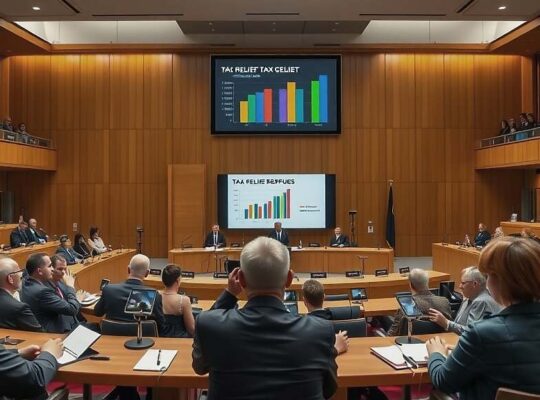A leading German historian has cautioned against pursuing a legal ban of the Alternative for Germany (AfD) political party, warning that such an action would likely fail in court and ultimately strengthen the party’s position.
Heinrich August Winkler, in an interview with “Stern” magazine, argued that attempts to outlaw the AfD using arguments from the Federal Office for the Protection of the Constitution would likely be unsuccessful in Karlsruhe. He suggested a failed ban would represent a significant victory for the AfD and a setback for liberal political forces. Winkler also expressed concern that placing sole focus on a ban risks diverting attention from addressing the underlying issues that fuel the party’s appeal.
Drawing lessons from past party bans, Winkler pointed out that the Socialist Imperial Party was easily outlawed in 1952 due to its overt neo-Nazi ideology. The AfD, he noted, avoids such openly anti-democratic postures, instead presenting itself as the sole legitimate representative of the public interest. Winkler emphasized the importance of directly confronting this narrative and highlighting the interests the AfD truly serves, alongside articulating the potential consequences of a government led by the party.
The historian, a long-standing member of the Social Democratic Party (SPD), also critiqued his own party. He referenced the 1959 Godesberg Program as a pivotal moment for the SPD, signifying a departure from its earlier “folk Marxism” and enabling it to become a broader-based party. While acknowledging the SPD’s commitment to advocating for working-class citizens, Winkler stressed the importance of maintaining credibility within the political center. He argued that this necessitates a nuanced and responsible tone, differing from the language used in internal party gatherings. Winkler concluded by stating that both the Christian Democratic Union (CDU) and the SPD must strive to remain viable parties representing the entirety of the electorate.












